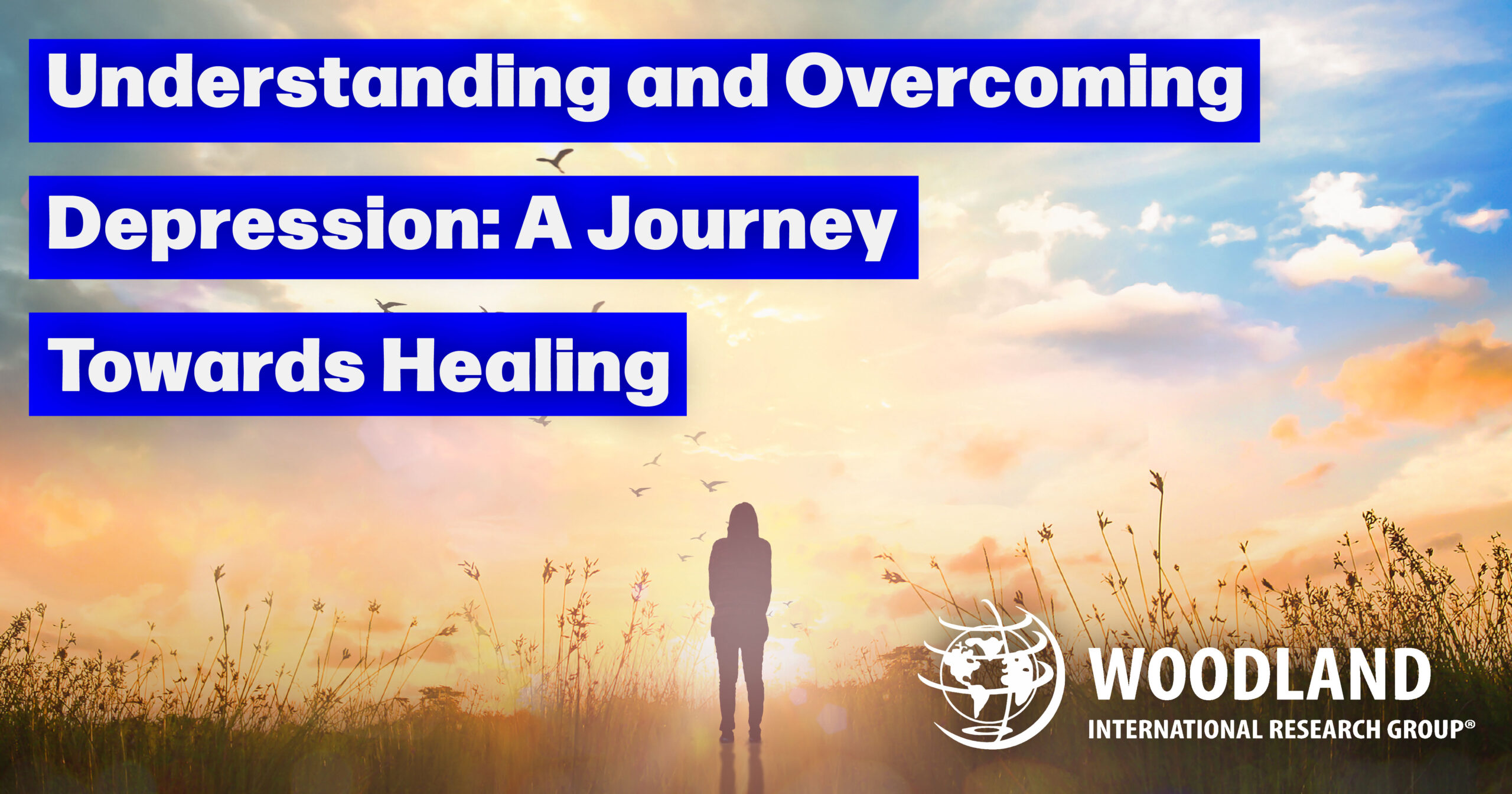Depression is a complex and often misunderstood mental health condition that affects millions of people worldwide. It can be a debilitating experience, making even the simplest tasks seem overwhelming and robbing individuals of their joy and motivation. In this blog, we will explore the nature of depression, its causes, and most importantly, effective strategies for managing and overcoming this challenging condition.
What is Depression?
Depression is more than just feeling sad or down. It is a mental health disorder characterized by persistent feelings of sadness, emptiness, and hopelessness that can last for weeks, months, or even years. Depression affects various aspects of a person’s life, including their thoughts, emotions, behavior, and physical well-being.
Causes of Depression
- Biological Factors: Imbalances in brain chemistry, genetics, hormonal changes, and physical health issues can contribute to the development of depression.
- Psychological Factors: Traumatic experiences, chronic stress, low self-esteem, and negative thinking patterns can all increase the risk of depression.
- Environmental Factors: Difficult life circumstances, such as the loss of a loved one, relationship problems, financial difficulties, or a history of abuse, can trigger or exacerbate depression.
Recognizing the Signs and Seeking Help
It is crucial to recognize the signs of depression, both in ourselves and in our loved ones. Some common symptoms include persistent sadness, loss of interest in activities, changes in appetite and sleep patterns, fatigue, difficulty concentrating, and thoughts of self-harm or suicide. If you or someone you know is experiencing these symptoms, it is vital to seek professional help from a mental health expert.
Self-Care and Coping Strategies
While professional help is essential, there are several self-care strategies and coping mechanisms that can complement treatment and aid in managing depression. These include:
- Building a Support System: Surround yourself with understanding and supportive individuals who can provide a listening ear and encouragement.
- Engaging in Regular Exercise: Physical activity has been shown to release endorphins, improve mood, and reduce symptoms of depression.
- Practicing Mindfulness and Meditation: These techniques help cultivate a sense of presence, reduce stress, and promote emotional well-being.
- Nurturing Hobbies and Interests: Engaging in activities that bring joy and fulfillment can uplift mood and provide a sense of purpose.
- Establishing a Routine: Creating structure and consistency in daily life can provide a sense of stability and help combat feelings of lethargy and hopelessness.

Professional Treatment Options
Depression is a treatable condition, and there are various therapeutic approaches and interventions available. These may include:
- Psychotherapy: Talk therapy, such as cognitive-behavioral therapy (CBT), can help individuals identify and modify negative thought patterns and develop effective coping strategies.
- Medication: In some cases, antidepressant medications may be prescribed to restore chemical imbalances in the brain and alleviate symptoms.
- Support Groups: Joining a support group can provide a safe space to share experiences, gain insights, and receive encouragement from others who have faced similar challenges.
The Road to Recovery
Overcoming depression is a journey that requires patience, self-compassion, and persistence. It is essential to remember that recovery is possible and that you are not alone in this battle. Reach out to your loved ones, seek professional help, and be gentle with yourself as you navigate the healing process. It may take time, but with the right support and a commitment to self-care, you can regain control of your life and find hope and happiness once again.
Depression can be an overwhelming and isolating experience, but it is crucial to remember that there is hope.
Explore current and future Mental Health studies here at Woodland International Research Group today! Call us at (501) 221-8681.




